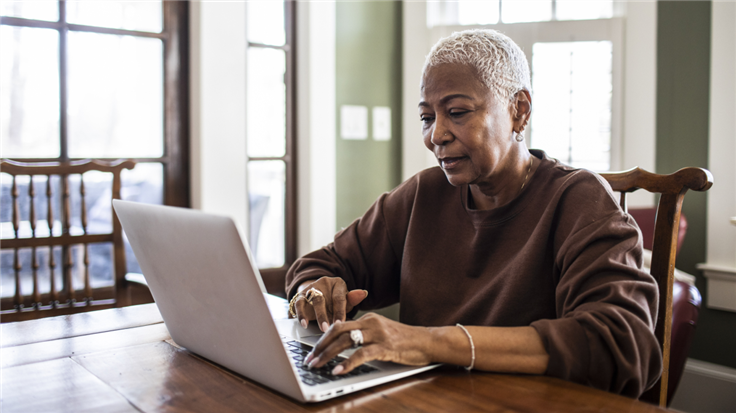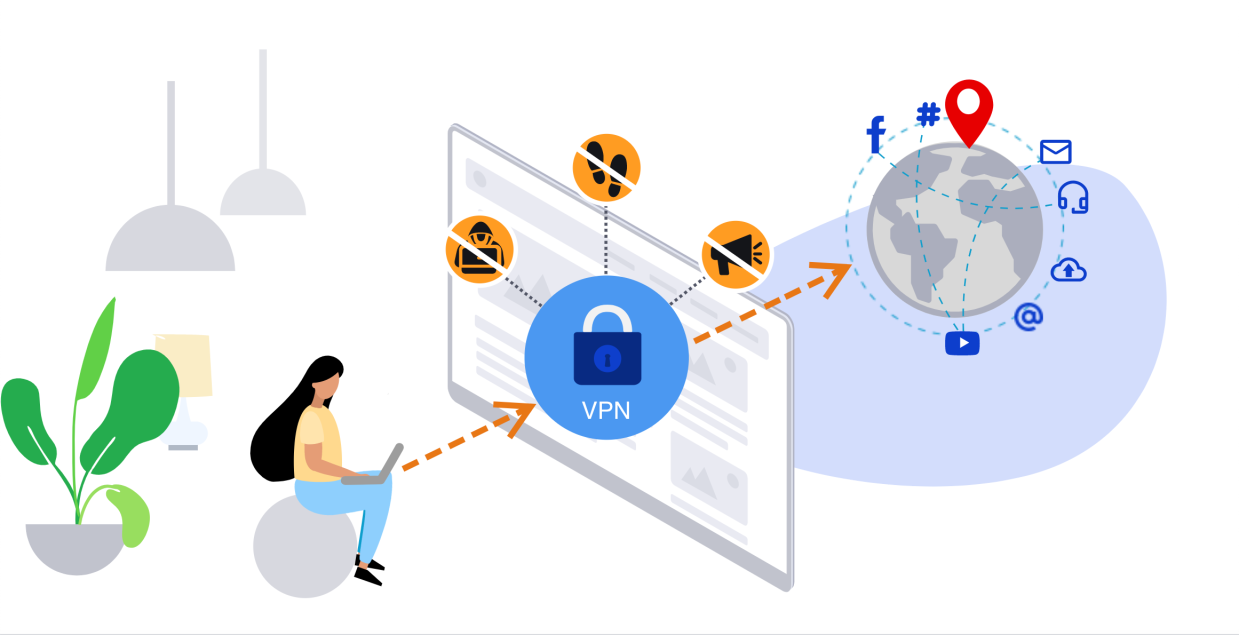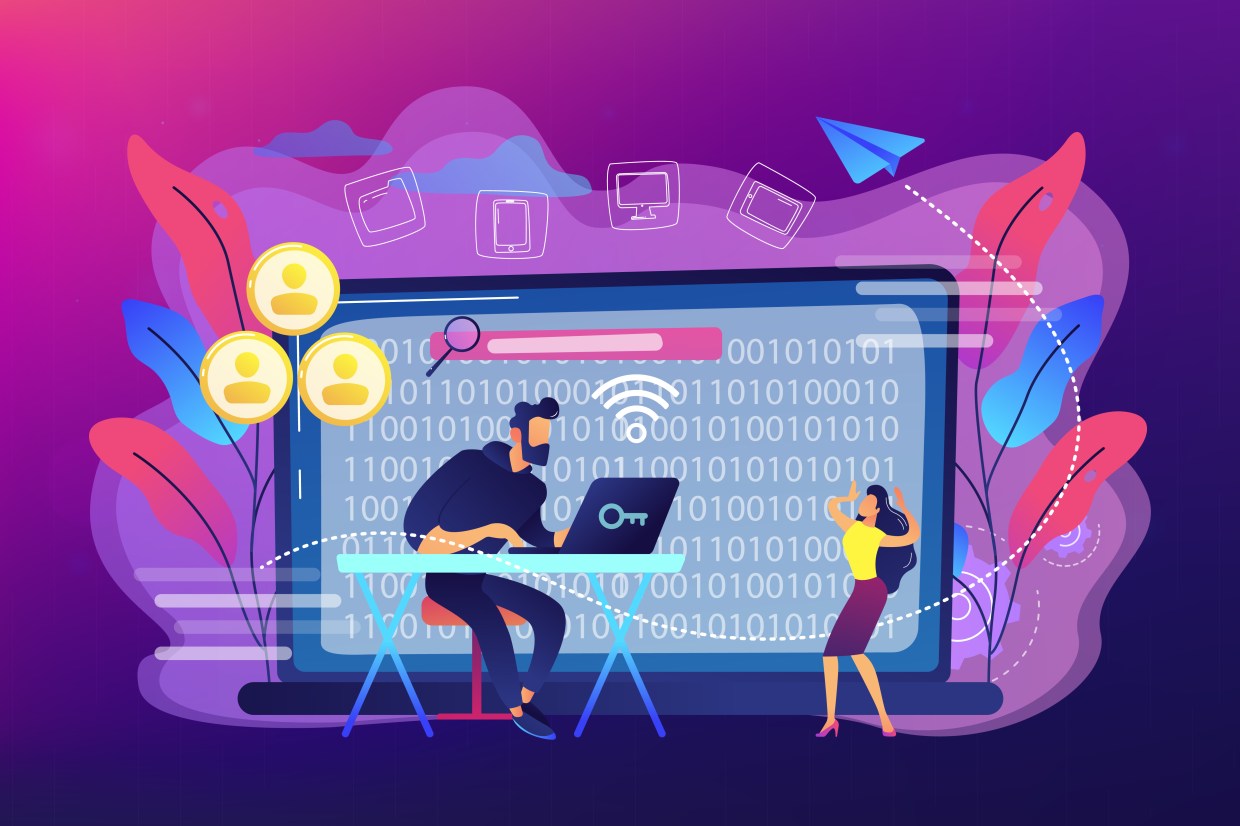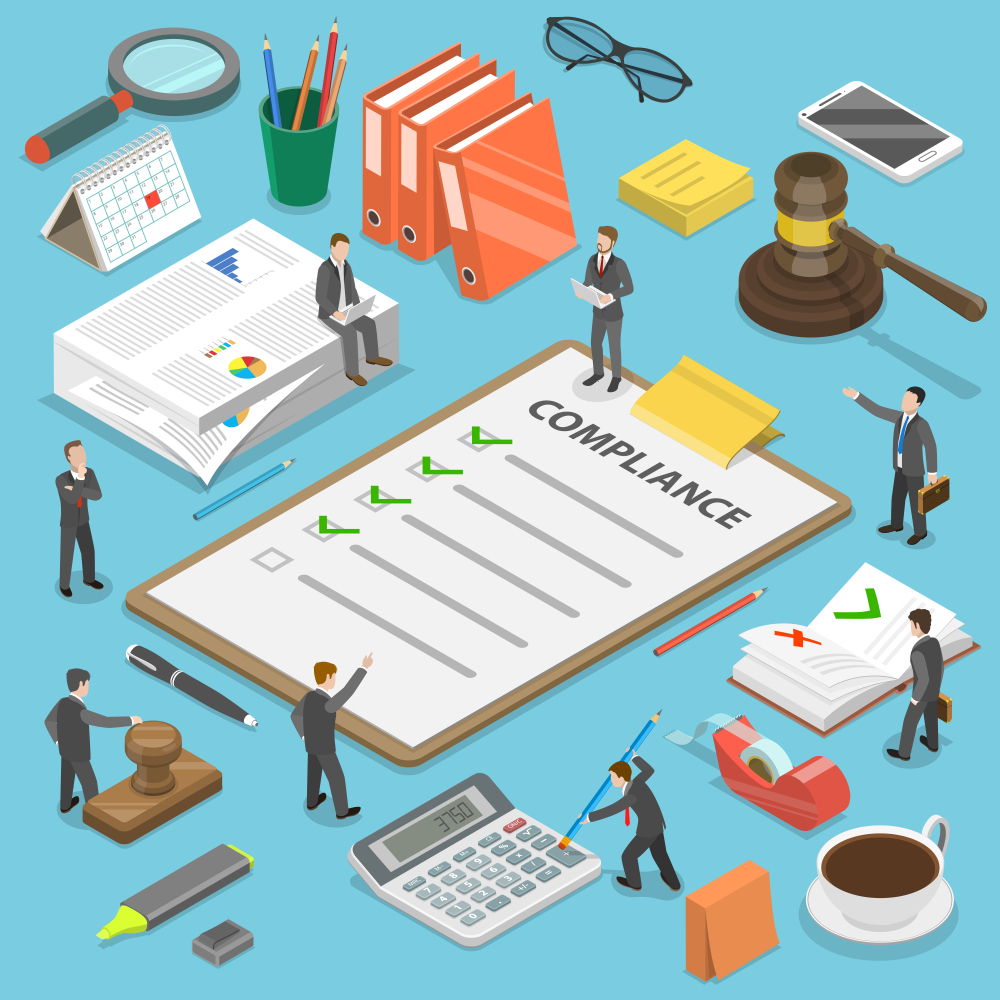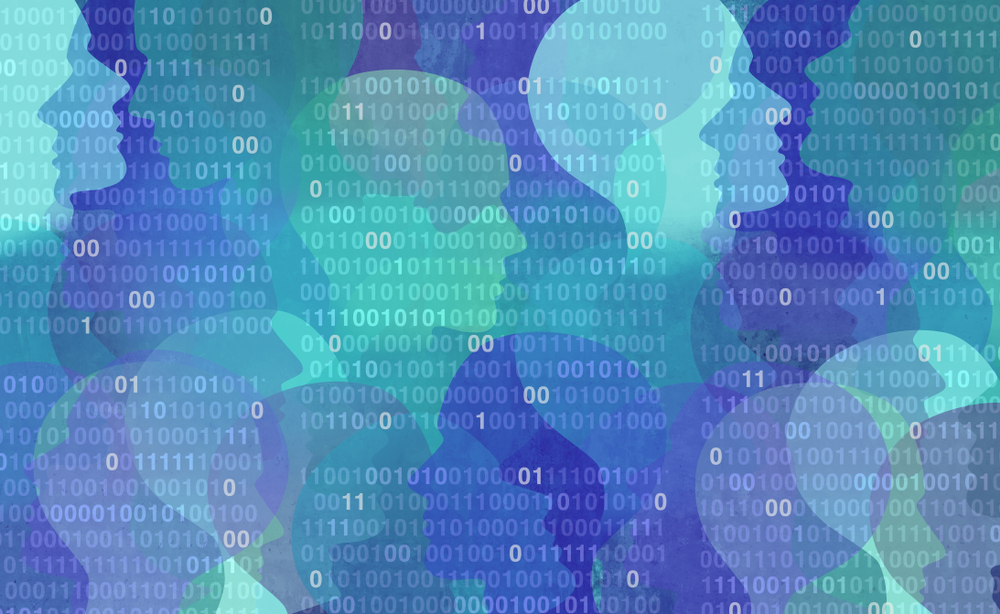Before we get into the tips: a caveat. We know many seniors who are digitally more up to date than people…
Tag: personal information
Introducing Malwarebytes Privacy
Here at Malwarebytes, we’re no strangers to using virtual private networks (VPNs) to protect our privacy while browsing online. Regular readers…
How to protect yourself from doxing
“Abandon hope all ye who enter.” This ominous inscription affixed atop the gates to Hell in Dante’s Divine Comedy applies peculiarly…
What role does data destruction play in cybersecurity?
When organization leaders think about cybersecurity, it’s usually about which tools and practices they need to add to their stack—email protection,…
How much personalization is too much?
This story originally ran in The Parallax on January 25, 2019, and was written by Dan Tynan. In 2012, when Target…
Changing California’s privacy law: A snapshot at the support and opposition
This month, the corporate-backed, legislative battle against California privacy met a blockade, as one Senate committee voted down and negotiated changes…
How to securely send your personal information
This story originally ran on The Parallax and was updated on July 3, 2019. A few months ago, my parents asked…
The top six takeaways for corporate data privacy compliance
For nearly two months, Malwarebytes Labs led readers on a journey through data privacy laws around the world, exploring the nuances…
A week in security (April 8 – 14)
Last week on Labs, we said hello to Baldr, a new stealer on the market, we wondered who is managing the…
What is personal information? Or personally identifiable information? In legal terms, it depends
In early March, cybersecurity professionals around the world filled the San Francisco Moscone Convention Center’s sprawling exhibition halls to discuss and…
